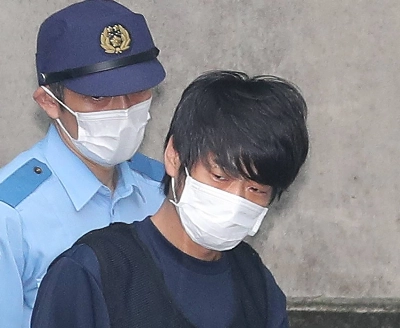A National Police Agency panel studying legislative steps to curb juvenile delinquency proposed Thursday that the government expand police power to combat the problem.
One way this might be achieved is by providing a legal basis for the practice of issuing "hodo" (guidance) to youths who commit minor offenses, the panel said.
Minors who get this warning are often taken to a police station for questioning, given a stern lecture and released once their parents come to fetch them. There is currently no law for such action.
But some experts caution against expanding police power for this practice, saying it could be deemed oppressive.
The panel, which also proposed clearly defining parents' responsibilities for fighting delinquency, plans to draft a bill for submission to the Diet in about a year.
In its proposal, the panel defines a juvenile delinquent as a minor who "smokes, loiters late at night or possesses harmful reading materials, such as pornography or books with violent content."
The panel wants to provide a legal basis for some police measures, including confiscating alcohol or cigarettes from children or temporarily placing them in custody until their parents arrive.
In an NPA survey conducted on its Web site in August, about 90 percent of people were in favor of giving a legal basis to hodo. But of 23 opinions sent to the NPA Web site, 17 opposed defining a delinquent child through the law.

















With your current subscription plan you can comment on stories. However, before writing your first comment, please create a display name in the Profile section of your subscriber account page.